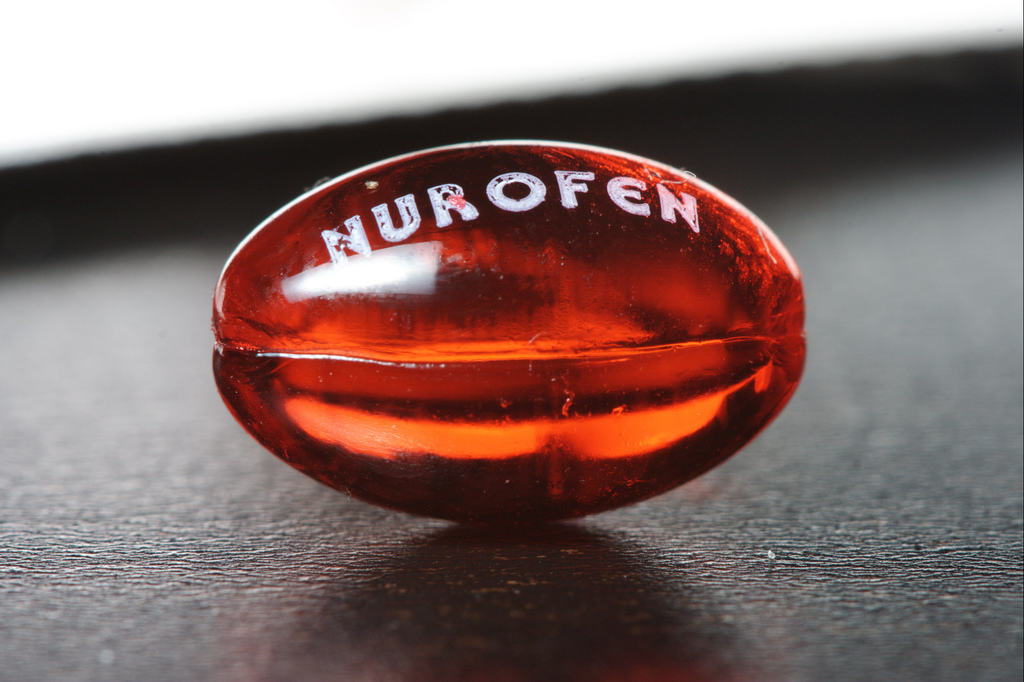Nurofen misleads with a series of identical products it claimed targeted specific pain conditions
Nurofen manufacturer Reckitt Benckiser has been slapped with a consumer class action, after the Federal Court found it misled or deceived the public with a series of identical products it claimed targeted specific pain conditions.
In pleadings filed in the Federal Court on February 24, legal firm Bannister Law demanded a refund for consumers who bought products in the Nurofen Specific Pain Range – which cost about $16 – between 2011 and 2015.
The firm says consumers would not have bought the pills had they known they were no more effective than other products in “targeting” pain.
On December 11, the Federal Court found Reckitt Benckiser had contravened Australian consumer law when it marketed four “specific pain” drugs with identical active ingredients, in an action brought by the ACCC.
The company’s marketing had claimed the products variously targeted migraine, dysmenorrhea, tension headache, and back pain. But all shared the active ingredient of 342mg of ibuprofen lysine.
Bannister, which has been described as a “boutique firm”, would not say how many people had signed up for the class action. It said in a statement to The Medical Republic that its dedicated website had been “visited by thousands of consumers”.
A spokesman said in the absence of receipts, a number of applicants had included an affidavit from their pharmacist as proof they had purchased the drugs.
Bannister’s legal team is understood to include Professor Peter Cashman, who founded the Public Interest Advocacy Centre, and has worked on high-profile class actions concerning medical devices.
Professor Cashman is leading Bannister’s first class action, on behalf of Volkswagen customers affected by a high-profile emissions scandal.
Reckitt Benckiser was ordered to pull its specific pain range from shelves by mid-March.
A directions hearing will be heard on March 15.


